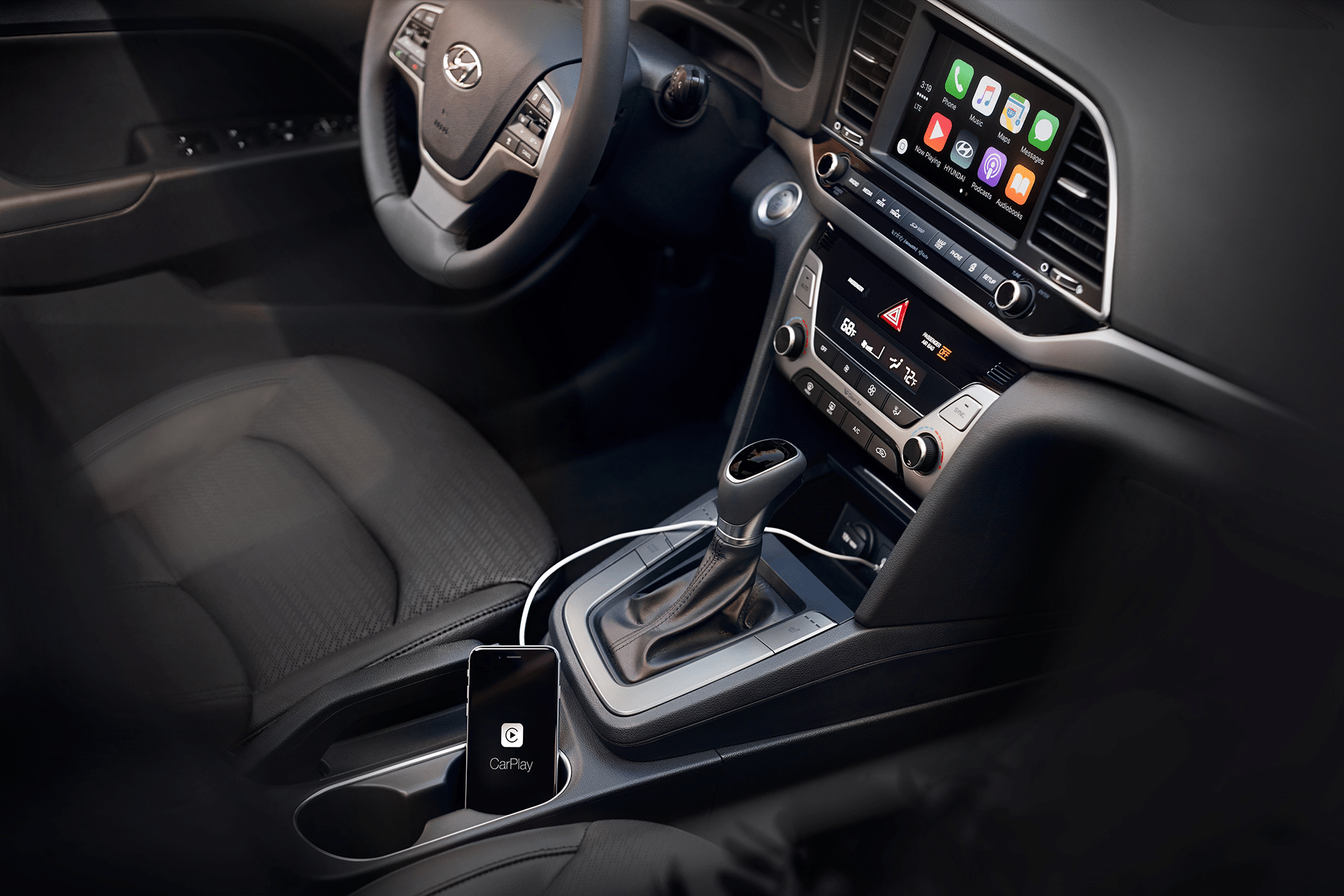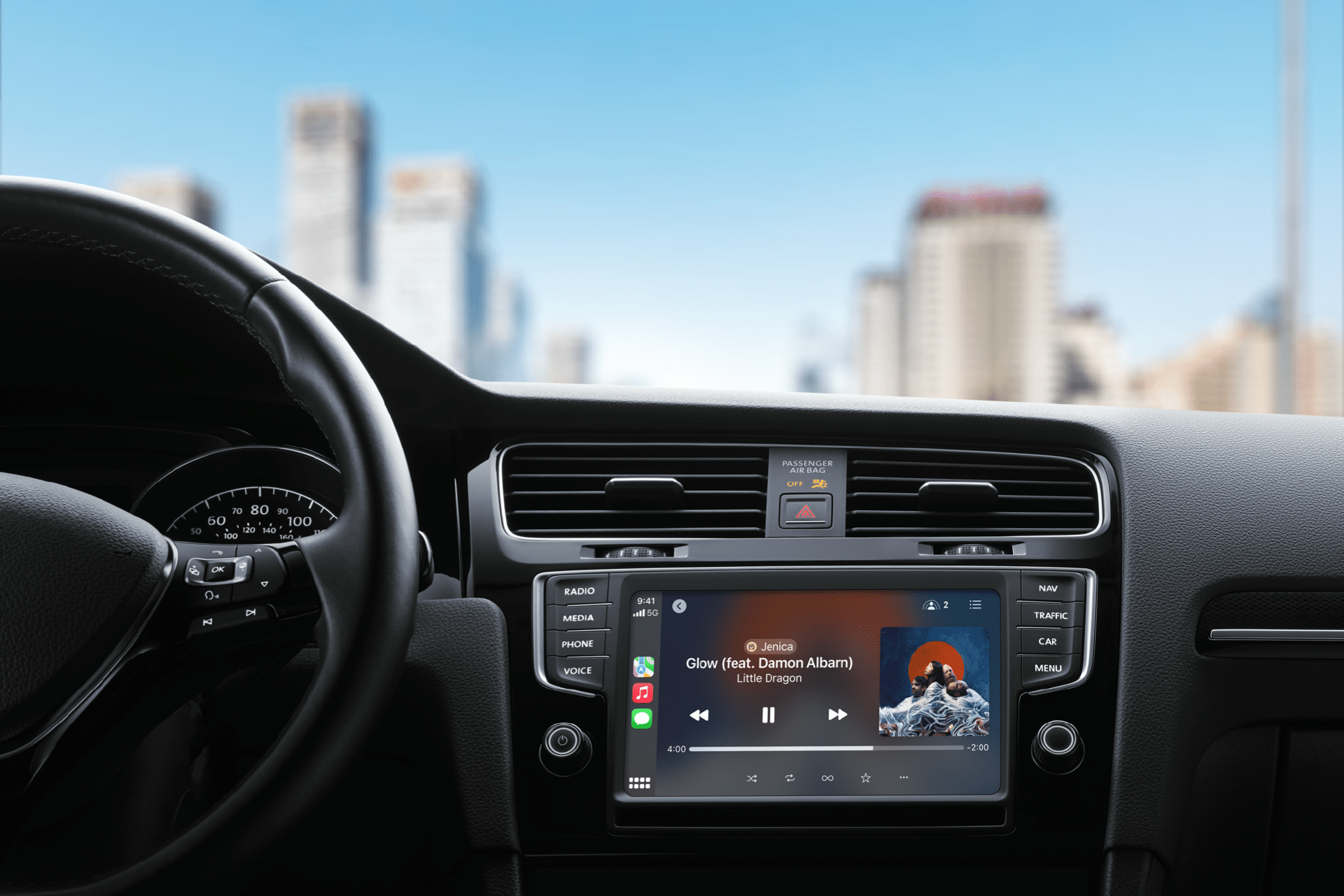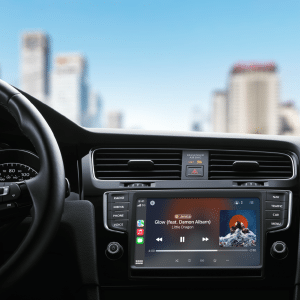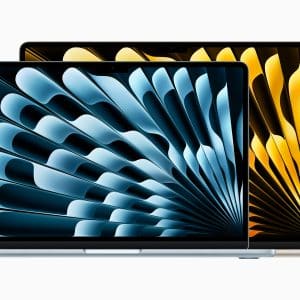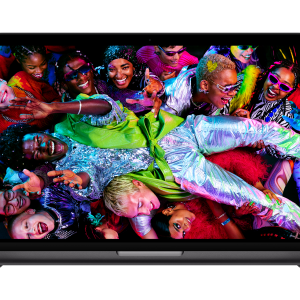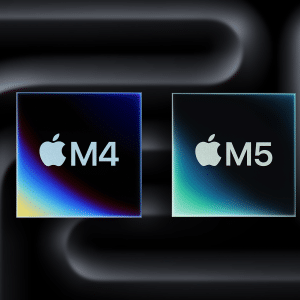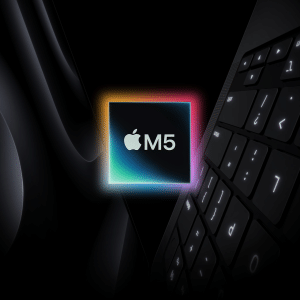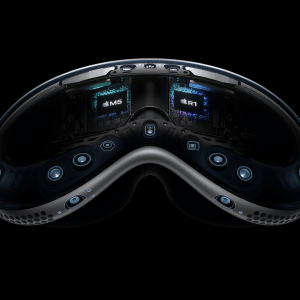However, as electric vehicles (EVs) surge in popularity, Apple CarPlay EV support is lagging, according to 9to5Mac’s Benjamin Mayo. While Apple Maps provides robust EV routing—tracking battery charge, suggesting chargers, and estimating destination battery levels—these features are exclusive to three models: the Ford Mustang Mach-E, Ford F-150 Lightning, and Porsche Taycan. This limited Apple CarPlay EV support leaves most EV drivers without critical tools, pushing them toward third-party apps or inconvenient workarounds. The problem lies in CarPlay’s need for deep vehicle integration to access real-time battery data, a process reliant on automaker cooperation. Since Apple CarPlay EV support debuted with iOS 15 in 2021, progress has been sluggish, frustrating users who expect seamless functionality. With Tesla and Rivian shunning CarPlay and General Motors phasing it out in new EVs, Apple must prioritize Apple CarPlay EV support to maintain its in-car dominance.
Robust Apple CarPlay EV support addresses range anxiety, a top concern for EV owners. Apple Maps’ EV routing monitors battery levels, factors in elevation and speed, and inserts charging stops on long trips. For instance, if a battery runs low, CarPlay can suggest a nearby charger and navigate directly to it. Drivers can prioritize networks like Tesla Superchargers in Maps settings, streamlining trip planning with accurate ETAs that include charging times. These features make Apple CarPlay EV support a game-changer—when available.
Without Apple CarPlay EV support, drivers face disjointed experiences. Many use third-party apps like A Better Route Planner, which charges for CarPlay integration, or juggle Apple Maps with native infotainment systems. This “dual-apping” is distracting and undermines CarPlay’s safety and simplicity. As Mayo notes, EV drivers without Apple CarPlay EV support get a “substantially worse” navigation experience compared to gas-powered car users.
Integration Hurdles
The challenge for Apple CarPlay EV support is Apple’s dependence on automakers to share battery data. Only Ford and Porsche have enabled full integration with Apple Maps’ EV routing, despite CarPlay’s presence in EVs from Volkswagen, Kia, and Hyundai. This gap frustrates users expecting Apple’s ecosystem to deliver consistently. Posts on X reflect this, with drivers urging Apple to enhance Apple CarPlay EV support swiftly.
Apple’s next-generation CarPlay, unveiled at WWDC 2022, promises deeper integration, including control over gauges and climate settings. Yet, its 2025 rollout delays immediate fixes for Apple CarPlay EV support in CarPlay 1.0. Competitors like Google Maps offer partial EV routing on CarPlay, showing charger locations but lacking battery data, highlighting the urgency for Apple to act.
Solutions for Broader Access
Apple could revolutionize Apple CarPlay EV support by expanding compatibility. Securing more automaker partnerships to share battery data would unlock EV routing for vehicles like the Chevy Bolt or Kia EV6. Alternatively, a manual input option—letting drivers enter battery size and charge level—could extend Apple CarPlay EV support to all CarPlay users as a stopgap. This aligns with Apple’s user-first approach, preventing drivers from abandoning CarPlay for native systems or third-party apps.
Recent progress, like adding Tesla Supercharger support for Ford EVs via CarPlay, is promising but insufficient. Most EV owners still lack Apple CarPlay EV support, risking Apple’s reputation for seamless integration.
Competitive Landscape
The EV market is growing, with models like the Volkswagen ID.4 and Hyundai Ioniq 5 gaining traction. However, Tesla and Rivian’s CarPlay absence and GM’s shift to Google’s Android Automotive platform challenge Apple. GM’s system offers strong EV routing but requires subscriptions, unlike CarPlay’s free model. Enhancing Apple CarPlay EV support could counter this, leveraging Apple’s privacy focus and ecosystem.
Apple could further differentiate CarPlay by integrating HomeKit or a Home app, letting drivers control smart devices en route. Adding dashboard customization, like swipeable cards or weather integration, would keep CarPlay 1.0 competitive while next-generation CarPlay develops.
The Road Ahead
With EVs reshaping driving, Apple must bolster Apple CarPlay EV support to stay relevant. Expanding routing through partnerships or manual inputs would address driver pain points. iOS 18.4’s CarPlay updates, including Apple Intelligence features, offer a chance to prioritize Apple CarPlay EV support. This would reinforce CarPlay’s value across 800+ supported models, keeping tech enthusiasts and casual drivers engaged.
Until Apple CarPlay EV support improves, most EV owners must wait. By acting now, Apple can ensure CarPlay remains the preferred in-car platform, delivering a connected, confident driving experience.
